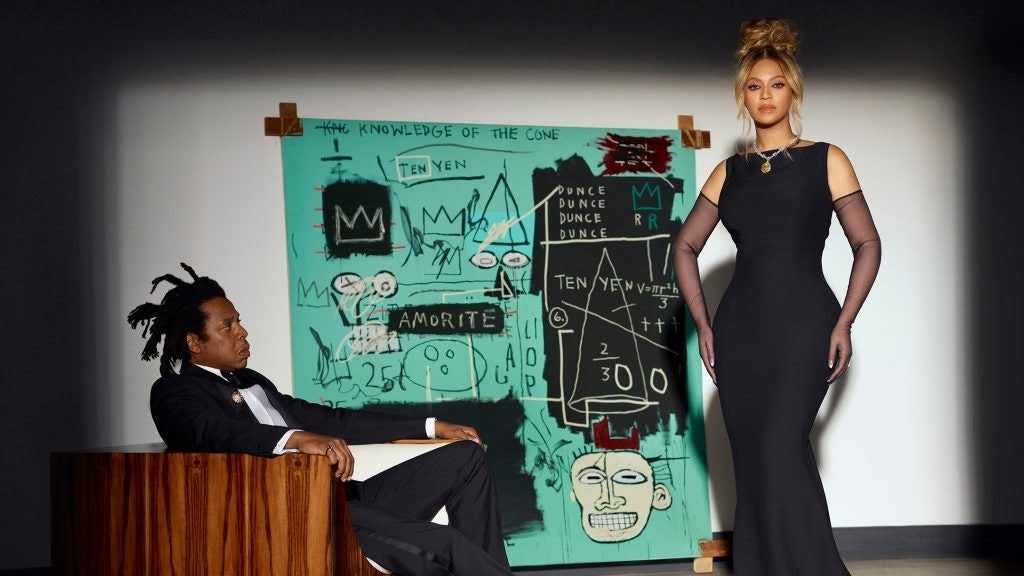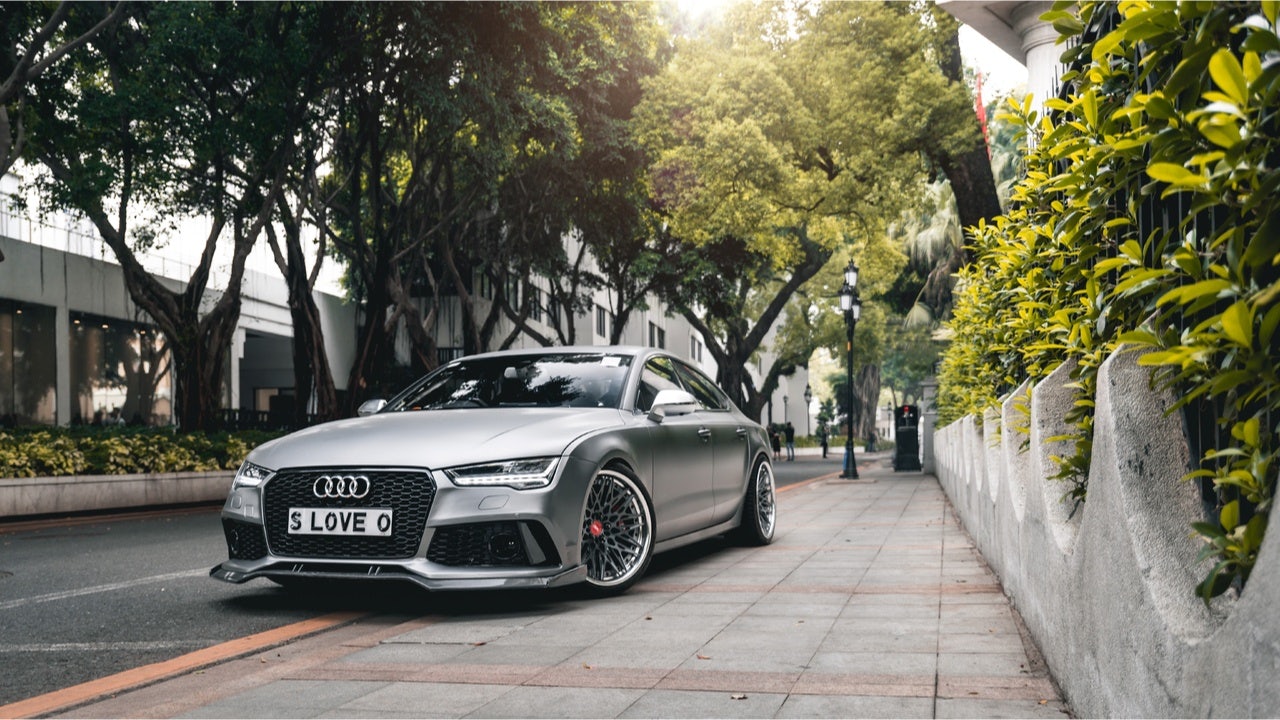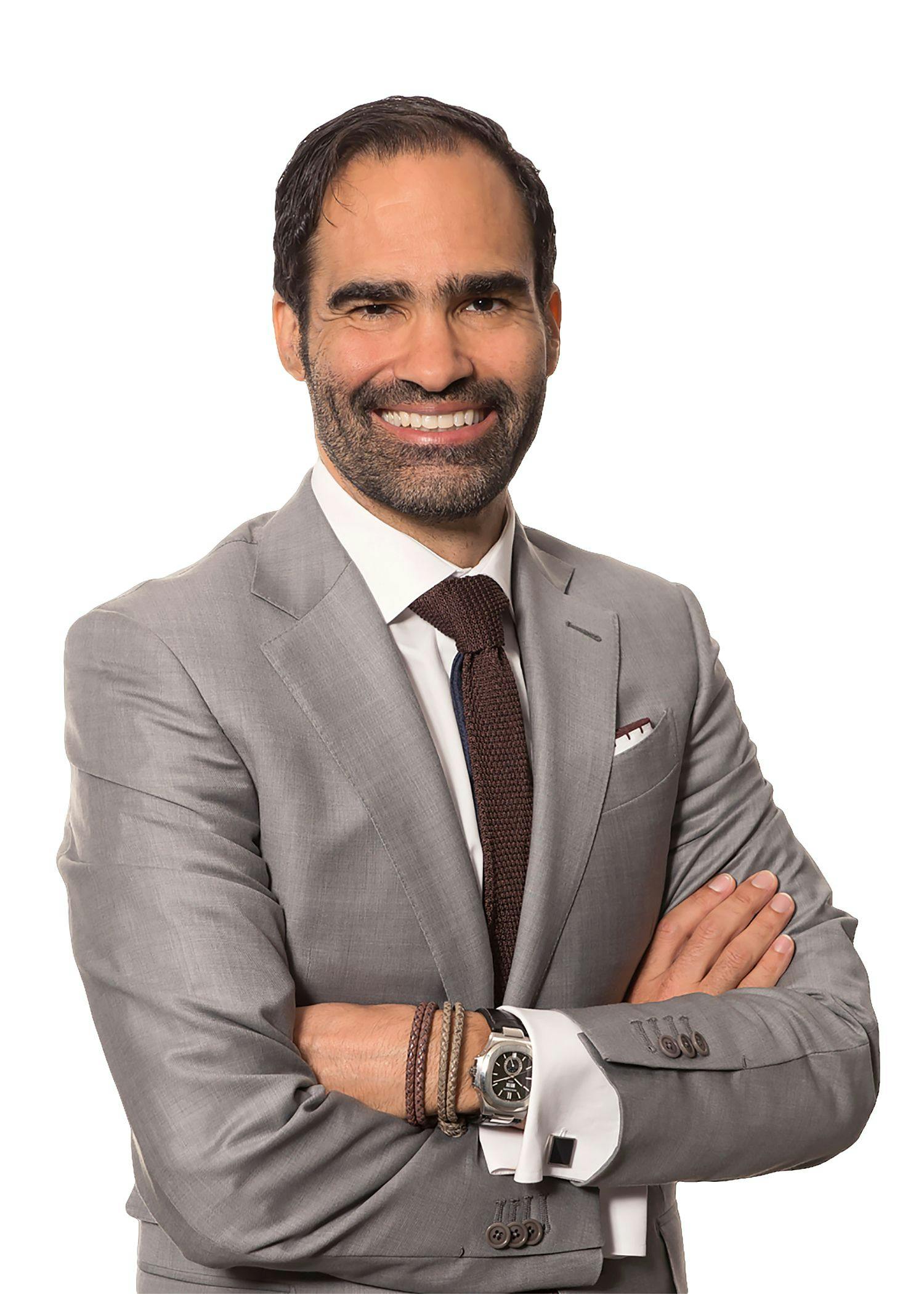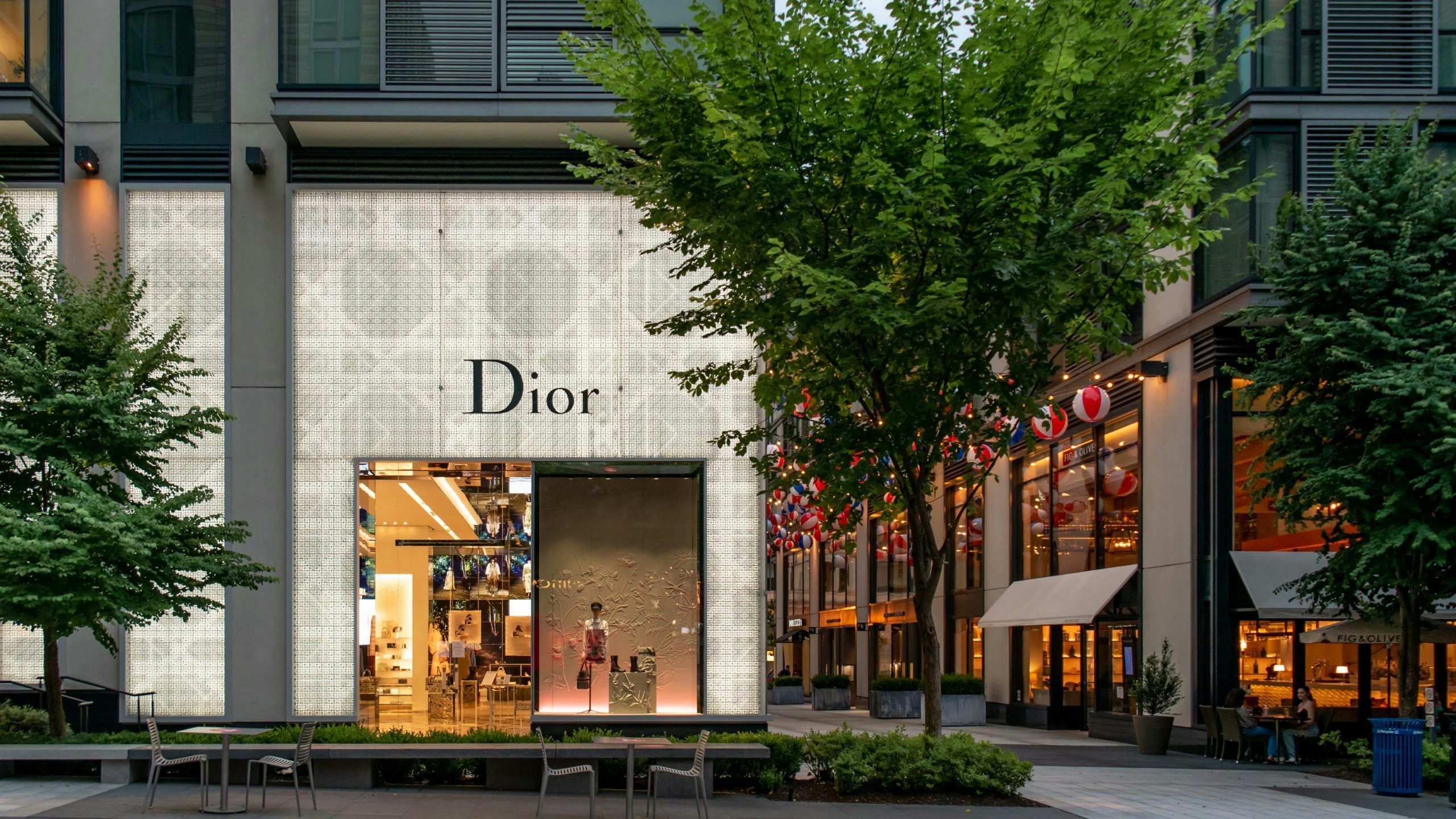With so many luxury brands underperforming recently, the question managers must ask themselves is, “What needs to be done differently?” One reason for the struggle is the rapid change of client preferences and a completely different set of expectations towards luxury. Those who stick to their traditional way of thinking will soon be out.
A fascinating case in point is Équité Research’s insight around the “Made in Italy” label utilized by so many Italian luxury fashion, apparel, car, and furniture brands. It might mean something in Asia, but the denomination means practically nothing to luxury clients in the USA anymore as main associations are now pizza, pasta, the movie “Made in Italy” and the question why Japanese Asahi beer is now produced in Italy (hint: Italian brewer Peroni bought the iconic Japanese beer and moved some of the production to Italy). Our research found that practically no associations were found with fashion, elegance, glamor, and style.
Similarly, German luxury brands are losing their association with quality and engineering. Big players in China, Japan, and Korea are dramatically stepping up their innovation power and excelling where German luxury brands haven’t focused enough on in recent years: user interface, digital excellence, and the ability to innovate. And when it comes to Frenchness, brands can no longer just rely on “maison fondée en Paris” as a key differentiator.
Instead, the winning brands of today are cultural movers and shakers, able to create distinct desirability on who they are and how they enable their clients to do things differently. While this sounds almost banal, most brands struggle to communicate their point of difference clearly.
Have a look at luxury car brands: Both Audi and Mercedes talk about being “progressive,” but both fail to make clear what is in it for the client and how they differentiate from each other and competitors. Declining market share in key places such as China and the USA come partly from being unclear on the distinct brand-related value proposition. Both brands still talk mostly about themselves in a plethora of buzzwords while failing to inspire through their messaging.
If you disagree, you may want to go to a dealership for a test drive. Chances are that the dealers will not sell on what the brand is about but rather focus on the product. Most likely, it will be a transactional customer journey, not one creating desirability and inspiration. And this not uncommon. In fact, in many brand experience audits from cars to high jewelry, luxury fashion and hospitality, I find one recurring theme: the inability to differentiate brand A from brand B when it matters most and the lack of human interaction between the brand ambassador (sales person, experience manager, or any other customer-focused brand representative) and the client. The result is a sea of sameness, even among the most exclusive brands.
While this may have worked when demand exceeded supply or where relatively few luxury brands dominated the segment, today’s reality is completely different. Every day, at least one to five new luxury hotels open around the world. Practically every day a new luxury skin care brand is launched somewhere. And dozens of new fashion, jewelry, and luxury tech brands come to the market every quarter, challenging the traditional brands that struggle to keep connecting with today’s clientele.

So, for 2023, brands need to get back to the basics. First, they need to (re-)define who they are. Instead of aforementioned buzzwords like “progressive” or brand descriptions like “we sell a dream” or “we will disrupt the market” — all of which I hear far too often — brands need to spend significant time and effort on defining precisely what their clients can do differently through them. Not just the why, but also the what and the how, precisely.
Second, brand definitions need to be actionable when it comes to creating the brand experience. Detailed staff training on how to create a luxurious experience is needed — not generic, but in a differentiated fashion. Less than 10 percent of audited luxury brands deliver on this right now. This is where the rubber meets the road. Beautiful brand manuals filled with beautiful pictures and words mean nothing if clients don’t understand what the brand is all about.
Third, the staff delivering experience need to know that fundamentally, luxury is about creating memories that last a lifetime. These are special moments you can’t wait to talk about with friends, offering unforgettable, comforting, specific emotions. And these moments never happen by chance but rather the result of carefully orchestrated multilayered plans. Hence, if there is no brand story, or if the staff does not internalize it, then there is no distinct memory. And without a distinct memory, there is no value. And when value isn’t created in an extreme way, there is no luxury.
So use the beginning of 2023 to do a step change for your brand. Create clarity who you are. What is the emotion you want to evoke? What can your clients do differently through your brand? These are the pressing questions. As Gen Z is rapidly becoming the leading luxury consumer, traditional values count less and less. Are you leading the change?
Named one of the “Global Top Five Luxury Key Opinion Leaders to Watch,” Daniel Langer is the CEO of the luxury, lifestyle and consumer brand strategy firm Équité, and the executive professor of luxury strategy and pricing at Pepperdine University in Malibu, California. He consults many of the leading luxury brands in the world, is the author of several best-selling luxury management books, a global keynote speaker, and holds luxury masterclasses on the future of luxury, disruption, and the luxury metaverse in Europe, the USA, and Asia.
Follow him: LinkedIn: https://www.linkedin.com/in/drlanger, Instagram: @equitebrands /@thedaniellanger



